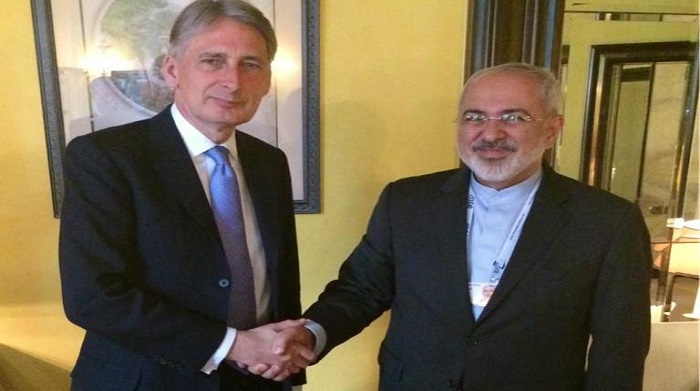Growing Iran-Britain Relations

Following the approval of the Vienna Agreement in the UN Security Council, European delegations immediately started their visits to Iran in order to reestablish their political and economic relations with Iran after many years. German, French and Italian delegations extended official invitations to Iran’s President to visit their countries to deepen their relations. On the other hand, Britain has also stated that it intends to open its embassy in Iran. Iran is also interested in opening its embassy in Britain at the ambassadorial level. There is no legal obstacle in this path. In the past, Britain had pursued certain policies which caused the relations between the two countries to become cold. The closure of embassies for any reason contradicts the Vienna Convention. Based on this convention, countries are bound to establish relations with each other. At the present time, officials of both Iran and Britain have reached the conclusion that the grounds for the opening of the embassies are prepared, hence, in the near future, the level of relations will be promoted to an ambassadorial level. This decision is made in the Foreign Ministry but necessary measures should be taken for that objective. What is more important than the opening of embassies is the management of relations between the two countries. The relations between Iran and Britain have seriously been damaged and the embassies must attempt to repair them. In Iran, prominent diplomats, who are at a ministerial level, will be introduced as the ambassador to Britain and such personalities will be able to repair the damaged relations. If both sides make efforts to repair the relations instead of creating differences, there would be hope for the improvement of relations. The relations between Iran and Britain have always been shaky after the victory of the Islamic Revolution. The first wind of difference between Iran and European countries would have brought down Britain’s flag in its embassy in Iran. Britain is interested in establishing relations with Iran like other European countries, but since the level of political relations is low, the charge d’affaires does not have the necessary tools to expand trade, economic and political relations. When the relations are promoted to the ambassadorial level, the possibility of visits of political officials of both countries will grow. After the US, the highest level of mistrust exists between Iran and Britain. Naturally, time is needed for this wall of mistrust to be shortened. If the new atmosphere which has been created in Europe for the establishment of relations with Iran forms in Britain, the possibility of repairing the relations will also increase because more than 100 British companies have shown their interest in the expansion of trade relations especially in the area of oil and gas.

